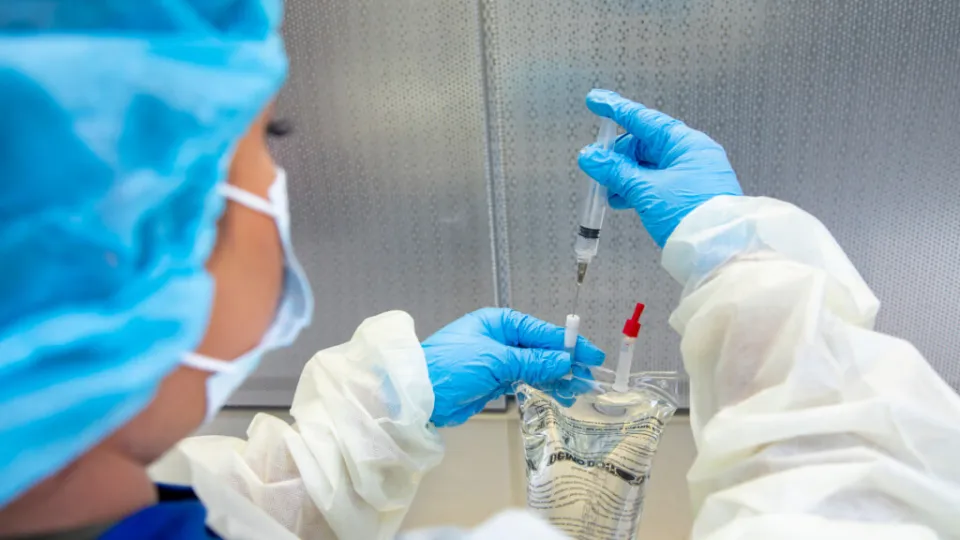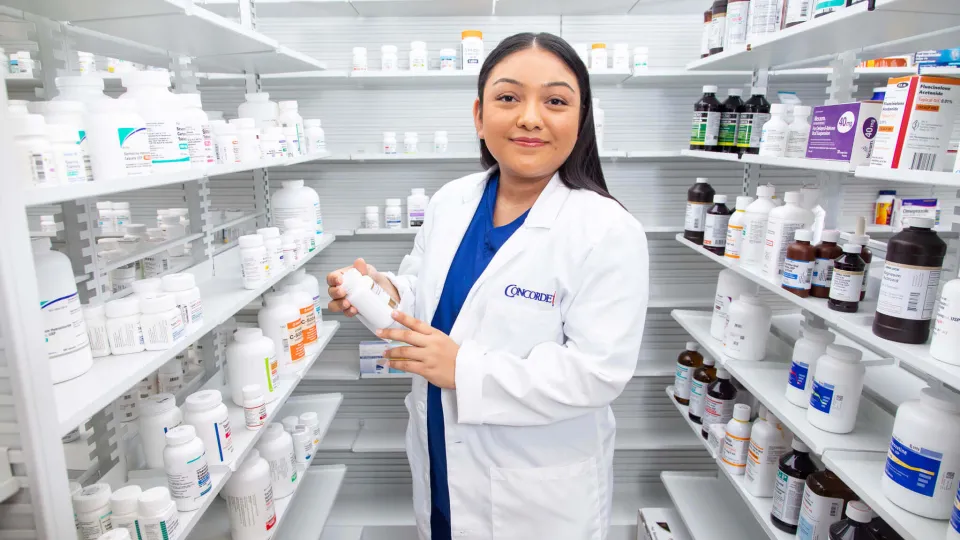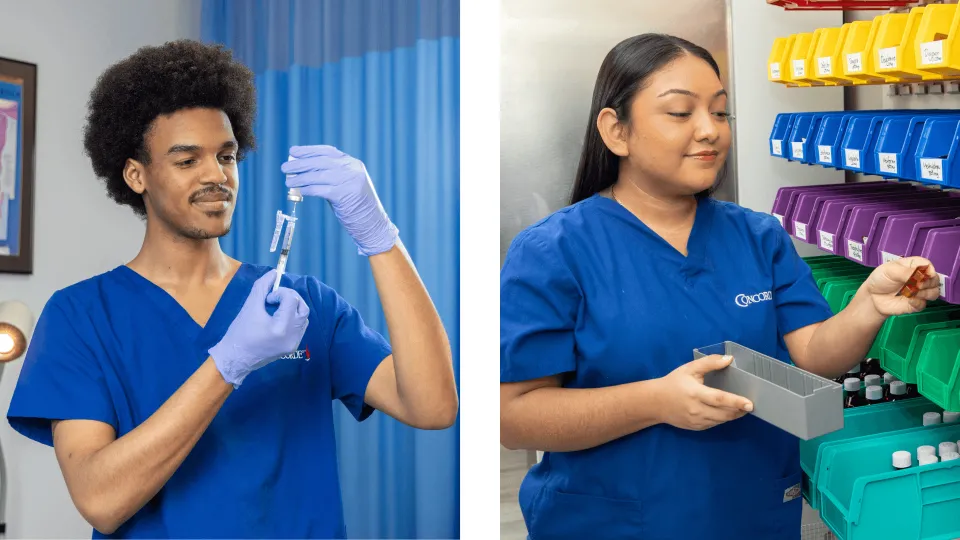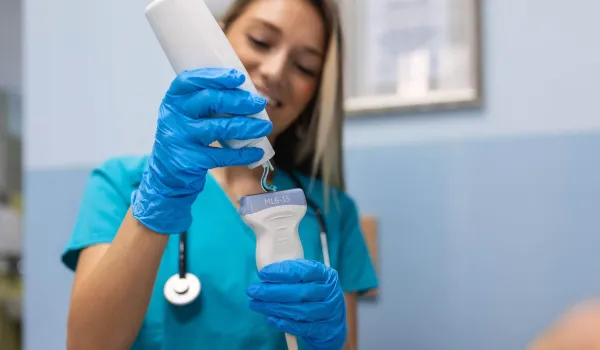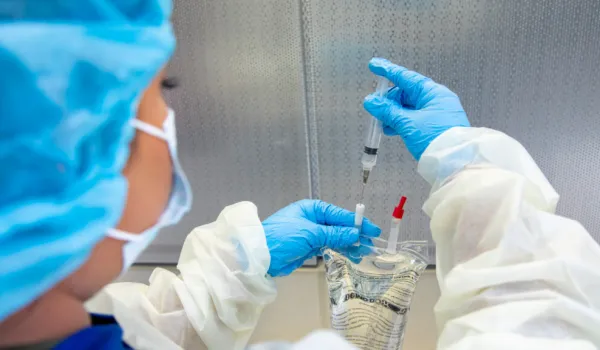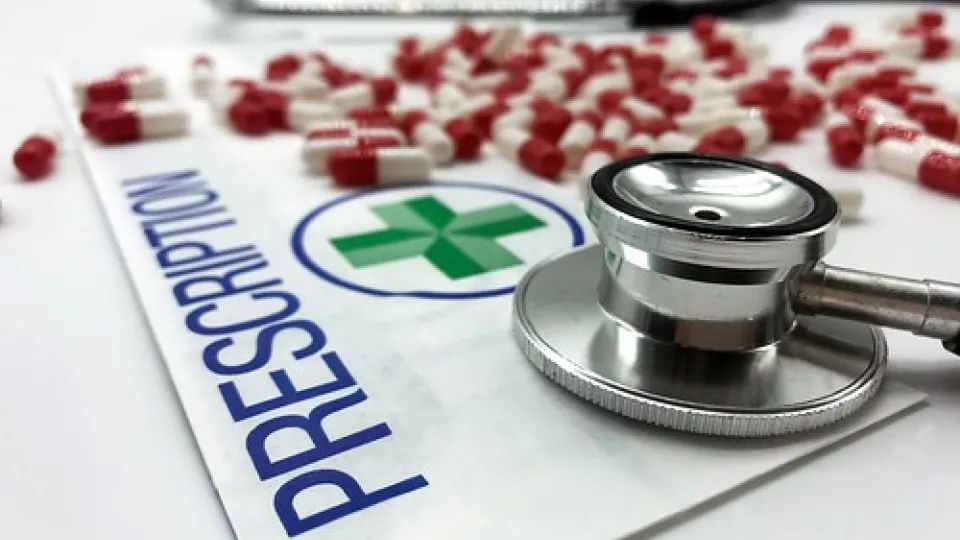
There are an abundance of professional opportunities for individuals looking to enter the health care industry. In general, this field of work is rewarding, challenging, and consistently in high demand. Pharmacy Technicians are a critical member of this industry, and they have the ability to work in a number of diverse settings, allowing them to choose a work environment that aligns with their preferences. By learning more about what a pharmacy technician is, what they do, and how they work, individuals can decide if this profession is right for them.
What Is a Pharmacy Technician?
A pharmacy technician assists pharmacists as they receive prescription requests, which are either delivered through a written prescription, electronically, or over the phone, and then prepare the prescription medications for customers. These health care professionals are directly supervised by a licensed pharmacist who oversees their responsibilities and performance. Though this role is similar to that of a pharmacy assistant, sometimes referred to as a pharmacy aide, a pharmacy assistant's responsibilities are much more clerical in nature.
The laws vary by state, but some pharmacy techs are even able to retrieve refill authorizations from physicians and mix, or compound, medications.
A Pharmacy Technician's Work Environment
There are jobs for pharmacy technicians in a wide range of work environments, allowing them to choose an employer based on their preferences and desired flexibility with their schedules. For the most part, these individuals spend the majority of their day working on their feet in spaces that are well-ventilated, well-lighted, clean, and organized. They work the same hours as licensed pharmacists, and may occasionally be required to get supplies from high shelves using a stepladder or lift heavy boxes. Some of the most common work environments for a pharmacy tech are:
Retail Pharmacies
A majority of pharmacy technicians find employment at the retail pharmacies found in chain stores, such as grocery stores, mass merchandisers, and drugstores. In many cases, these types of pharmacies have extended hours, with some open on weekends or even 24 hours a day, giving pharmacy techs a lot of flexibility with their work schedule. Most retail pharmacies use a rotation schedule, where pharmacy technicians end up working a combination of day, weekend, and night shifts. This ensures that the schedule is fair for all employees and allows each technician to have at least one weekend off every month.
Generally, the day shifts at retail pharmacies are fast-paced, while the overnight shifts are quite slow. A lot of these pharmacies provide employee benefits, like employer-sponsored investment funds, paid vacation, and health insurance plans. Pharmacy techs in this environment are usually responsible for processing prescriptions, cleaning, performing administrative duties, and taking inventory. In some cases, they may also be asked occasionally to work in other departments of the store.
Compounding Pharmacies
Compounding pharmacies are able to provide compound, or custom, prescriptions. Most of the time, these are independently owned establishments, but there are some larger retail pharmacies that also offer these services. Pharmacy technicians who work in a compounding pharmacy may have to hold a certification before gaining employment, and some may even require techs to have a certification specifically related to compounding medications. The number of compounding pharmacies in any given geographical area is usually pretty limited, which often means that pharmacy technicians with the required skills and certifications end up having a higher earning potential than general pharmacy techs.
Aside from offering compounding services, these pharmacies usually function similarly to other retail pharmacies.
Hospitals
Hospital pharmacies typically require that their pharmacy technicians hold a certification. In teaching hospitals, the pharmacy techs may even be offered training courses to help prepare them for their certification. In a hospital, pharmacies prepare medications needed for testing, emergency room patients, and long-term patients. Because of this, pharmacy technicians who work in a hospital prepare a majority of the prescriptions in single doses, and they may also have to prepare IV solutions or fill syringes.
Hospital pharmacies have a pharmacy technician on duty 24 hours a day, giving employees a little more flexibility with the hours and days that they work. Each tech's schedule is usually fairly routine, though, with part-time employees staffed for weekend shifts in most hospitals. In addition to providing routine scheduling, hospitals usually pay well and offer great employee benefits, like paid vacations and health insurance plans.
Assisted Living, Mental Health, and Nursing Homes
The pharmacies inside assisted living, mental health, and nursing home facilities operate similarly to hospitals because prescriptions are typically filled in single doses. Since the residents at these facilities are usually long-term and there's no testing or emergency department, the duties and responsibilities of a pharmacy technician in these settings can become pretty routine. Usually, the pharmacy tech begins their day by preparing the prescriptions that residents need to take in the morning, before or during breakfast. They then focus on filling medications that must be taken later throughout the day. Once the prescriptions are filled, the techs store them in a secure area that the nurses have access to.
This can be a part-time or a full-time position, depending on the facility's size and the number of patients. Since the residents need their medications every day, even on holidays and weekends, the pharmacy technicians at these facilities usually have to have open availability.
Mail-Order Pharmacies
As the focus on convenience grows, mail-order pharmacies have become increasingly more common. Additionally, insurance companies have started encouraging their clients to use mail-order prescription services. These types of pharmacies usually fill an incredibly high number of prescriptions each day, including blood thinners, cholesterol and heart medications, and painkillers, which are dispensed by special machines. Because of this, pharmacy techs need to know how to operate and maintain dispensing machines, by learning how to:
- Use the computer software that the machines use.
- Refill the machines with medications.
- Reload the label paper.
- Troubleshoot and fix any jams or issues.
- Perform general maintenance.
Since these pharmacies rely so heavily on automation and machinery, they closely resemble factories in a lot of ways. In fact, there are usually very few prescriptions that are filled by hand, and the pharmacy tech's role is often simply to oversee the machinery to ensure that it is operating effectively and efficiently. In some mail-order pharmacies, the pharmacy tech spends the majority of their day working at a computer, inputting prescriptions that were sent via phone, mail, or fax, while other technicians in this environment have a role that mirrors that of an insurance specialist in a lot of ways.
Most of the medications filled through mail-order pharmacies are taken by patients on a long-term basis. Since there is a wait time involved as the prescription is processed and then shipped, these pharmacies are unable to fill prescriptions that need to be taken immediately after a patient sees their physician. Pharmacy techs who work in mail-order pharmacies usually get paid a rate that's similar to what they would make at a retail pharmacy. They typically have regular hours, with holidays and weekends off, and many of these types of employers offer benefits, like 401K plans, health insurance plans, and paid vacations.
The Duties and Responsibilities of a Pharmacy Technician
A pharmacy technician's role can vary depending on their employer and geographical location, but some of the more common responsibilities include:
- Addressing and resolving issues concerning a patient's insurance coverage.
- Taking inventory and maintaining a detailed record of the pharmacy's supply, including on-hand medications.
- Typing up a prescription's relevant details so they can print labels for the medication.
- Contacting doctors to receive authorization for prescription refills.
- Resolving any complaints, concerns, or issues regarding customers and their prescriptions.
- Handling transactions at the cash register.
- Filling bottles with prescription medications and applying labels with information and directions regarding usage.
- Pre-packing bulk medications.
Interested In How To Become a Pharmacy Technician?
Click here to explore Pharmacy Technician programs near you!
Training, Education, and Certification Requirements to Become a Pharmacy Tech

In order to become a pharmacy technician, individuals must satisfy a few requirements, including:
- Education: Depending on the employer, a high school diploma or equivalent could be all an aspiring tech needs to gain employment. However, a majority of employers look for candidates that have some sort of formal education. This could be either through a pharmacy technician diploma program or a pharmacy technician associate degree program. Either of these credentials can help to make applicants more competitive as candidates, but they also impact a pharmacy technician's professional advancement opportunities.
- Certification: Some states and employers require pharmacy technicians to hold a professional certification before employment (1). Aside from these possible requirements, a certification also gives techs a competitive edge when searching for employment because it communicates a high standard of knowledge and skills. Most certifications require some kind of renewal process, either through continued education or a test, to maintain their effectiveness.
- Training: There are some aspects of the pharmacy technician role that require hands-on training. At Concorde, we offer externships that expose students to off-site clinical experiences and provide real-world training opportunities.
Learn more about Concorde pharmacy technician programs near you.
Important Skills for a Pharmacist Technician
Aside from the skills learned through formal education and training, there are a number of soft skills that are beneficial in this role, including:
- Reading comprehension: This profession entails understanding written documentation regarding medications and their intended uses.
- Organizational skills: Pharmacy technicians are often charged with keeping their work environments clean and tidy. Aside from being a responsibility associated with the role, effective organization is vital because it helps techs avoid potentially dangerous errors in their work.
- Attention to detail: When preparing prescriptions, details are incredibly important. A careless mistake could prove deadly, so it's imperative that pharmacy technicians be thorough and meticulous.
- Communication: Pharmacy technicians typically have to communicate with a wide range of individuals, such as patients, doctors, and pharmacists. Because of this, it's important that they be able to communicate effectively with individuals with different levels of medical knowledge in a variety of situations.
- Active listening: Part of effective communication is active listening. Technicians have to be able to listen and understand a patient's questions or concerns as well as a physician's instructions so that they can do their job well.
The Job Outlook for a Pharmacy Technician
According to the U.S. Bureau of Labor Statistics, the employment of pharmacy technicians is expected to grow by 4% over the next decade (2). This projected growth is faster than other industries and occupations and is likely a result of a general increase in the demand for prescription medication. Some contributing factors for this are:
- The development of new medications for various treatment programs as a result of advances in medical research and technology.
- A large aging population of baby boomers that will necessitate medications to treat various chronic conditions, such as heart disease and diabetes.
Regardless of the work environment, becoming a pharmacy technician often provides individuals with an abundance of options. Depending on your individual goals and needs, you could pursue a diploma or an Associate in Applied Science at Concorde, giving you access to the instruction and training that you need to be successful in this career. We focus on creating academic programs that prepare our students to train in preparation for their dream job, meaning you could be ready to join the workforce in as little as six months if you choose to pursue a diploma.
Footnotes
"Pharmacy Technician Career Overview," American Society of Hospital Pharmacists, https://www.ashp.org/Pharmacy-Technician/About-Pharmacy-Technicians/Pharmacy-Technician-Career-Overview?loginreturnUrl=SSOCheckOnly
"Occupational Outlook Handbook: Pharmacy Technicians," U.S. Bureau of Labor Statistics, U.S. Bureau of Labor Statistics, https://www.bls.gov/ooh/healthcare/pharmacy-technicians.htm
"Image," Chemist 4 U, https://www.flickr.com/photos/170378439@N03/47486289321/sizes/m/
Take The Next Step Towards a Brighter Future
Interested in learning more about our Pharmacy Technician program?
We have a Concorde representative ready to talk about what matters most to you. Get answers about start dates, curriculum, financial aid, scholarships and more!

